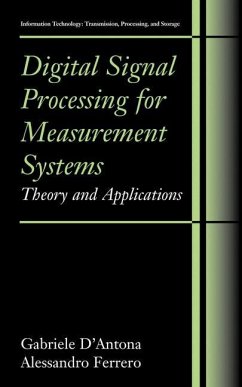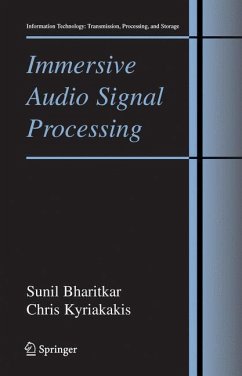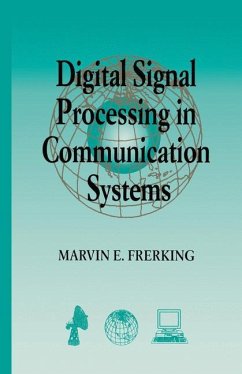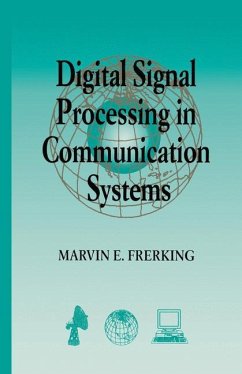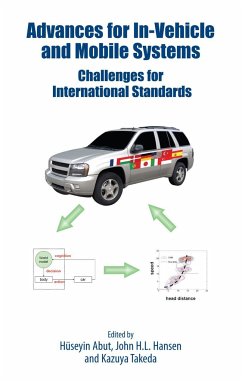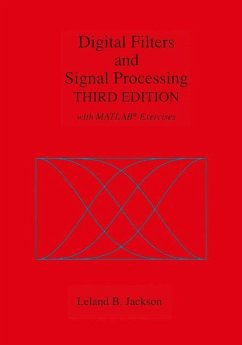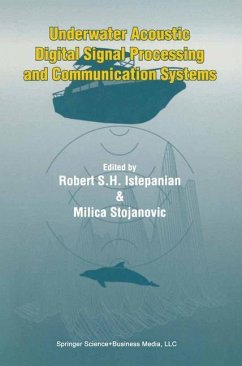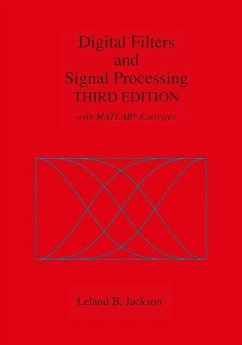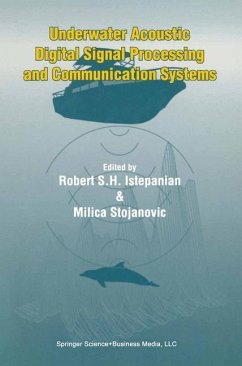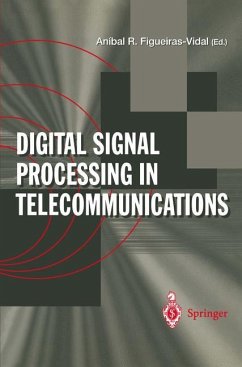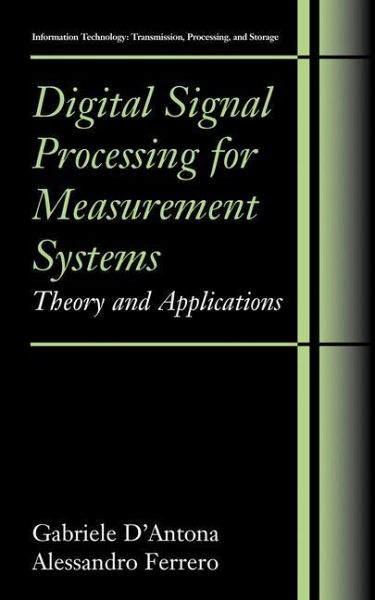
Digital Signal Processing for Measurement Systems
Theory and Applications
Versandkostenfrei!
Versandfertig in 6-10 Tagen
39,99 €
inkl. MwSt.
Weitere Ausgaben:

PAYBACK Punkte
20 °P sammeln!
Digital Signal Processing for Measurement Systems: Theory and Applications covers the theoretical as well as the practical issues which form the basis of the modern DSP-based instruments and measurement methods. It covers the basics of DSP theory before discussing the critical aspects of DSP unique to measurement science.Key Features:Approaches signal processing through a unique measurement science perspectiveCovers both theory and state-of-the-art applications, from the sampling theorem to the design of FIR/IIR filtersIncludes important topics, for example, problems that arise when sampling p...
Digital Signal Processing for Measurement Systems: Theory and Applications covers the theoretical as well as the practical issues which form the basis of the modern DSP-based instruments and measurement methods. It covers the basics of DSP theory before discussing the critical aspects of DSP unique to measurement science.
Key Features:
Approaches signal processing through a unique measurement science perspective
Covers both theory and state-of-the-art applications, from the sampling theorem to the design of FIR/IIR filters
Includes important topics, for example, problems that arise when sampling periodic signals and the relationship between the sampling rate and the SNR
Key Features:
Approaches signal processing through a unique measurement science perspective
Covers both theory and state-of-the-art applications, from the sampling theorem to the design of FIR/IIR filters
Includes important topics, for example, problems that arise when sampling periodic signals and the relationship between the sampling rate and the SNR





